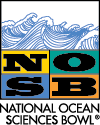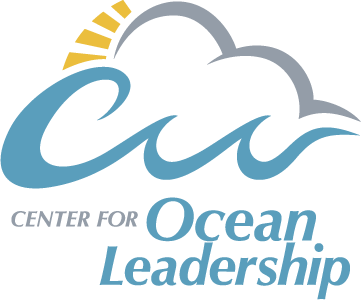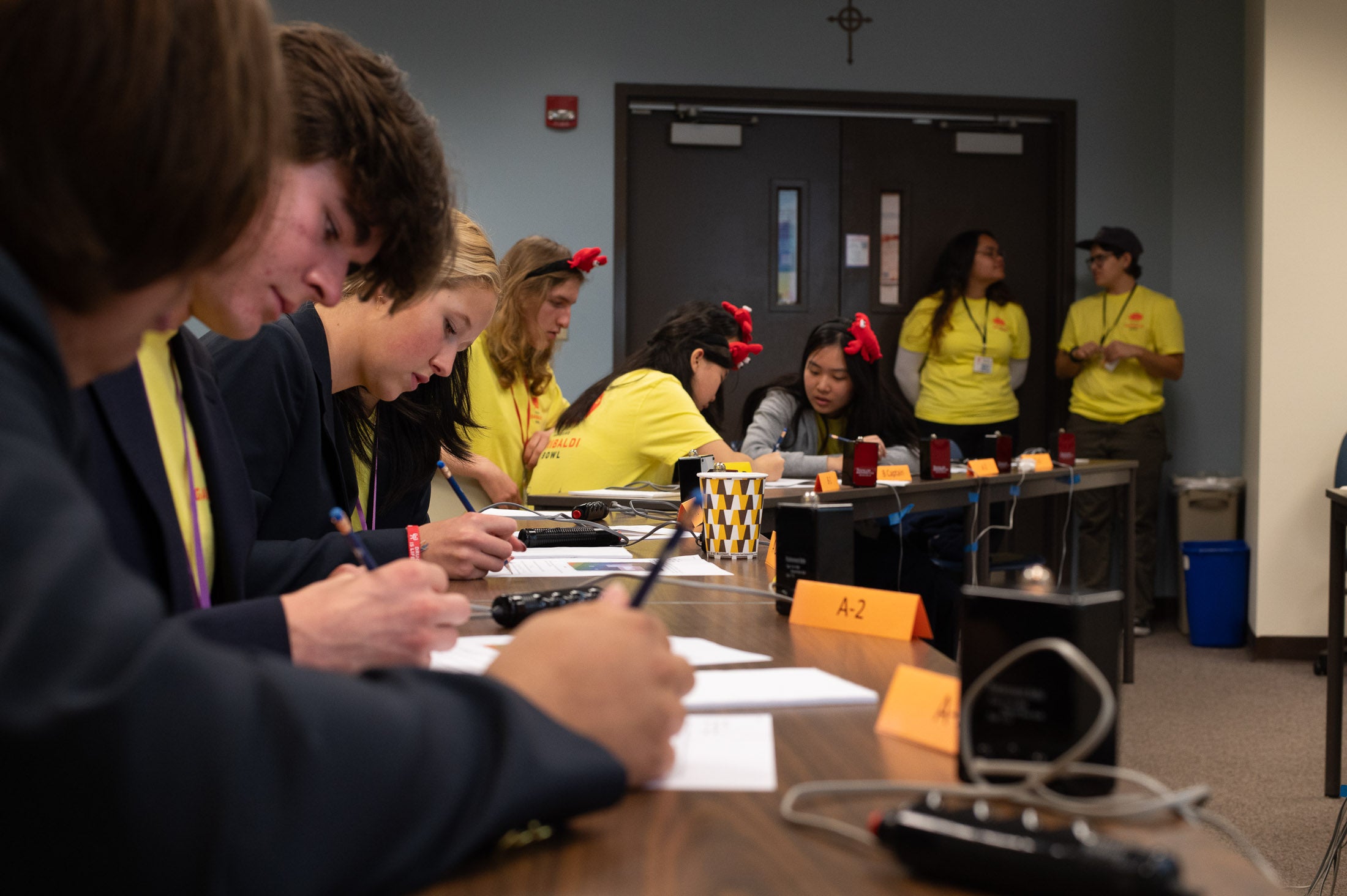The National Ocean Sciences Bowl (NOSB) Professional Webinar Series is a development opportunity for middle and high school educators nationwide. All educators are welcome to register, and NOSB coaches are highly encouraged to participate.
The free online webinar series will focus on the 2018 NOSB competition theme of ‘Oceans Shaping Weather.’
Each of the presenters will give a one hour live webinar presentation on their current research or topic of interest, followed by a 30 minute Q&A session.
All participants logged into the meeting will be able to listen and follow along with the presentation, as well as type questions for the presenter during the live presentation. The NOSB national office staff will read the questions to the presenter.
Questions? Please contact us at nosb@ucar.edu.
Date of Webinar: January 30, 2018
Topic/Title: From the Ocean to the Sky: How microbes from Arctic waters impact climate
I will provide background on how small atmospheric particles, called aerosols, impacts Earth’s energy budget, clouds, and precipitation. Additionally, I will discuss why it is important to study aerosols in the Arctic and why we need to understand where they come from. I will touch on some results regarding such processes from recent field experiments, both on land and ocean, in Arctic Alaska.
Dr. Jessie Creamean
I recently started my career in the Arctic research world. My background is in atmospheric chemistry, particularly focusing on aerosol-cloud-precipitation impacts. I received my PhD in 2012, completed a postdoc fellowship at NOAA, and am now a full time research scientist at NOAA through CIRES. I was recently funded through NOAA Climate Program Office for a 5-year project evaluating aerosol chemistry, microbiology, and ice nucleation properties during summertime Arctic cruises starting in 2017. I also work on evaluting aerosol chemistry, size, and optical property measurements at along the North Slope of Alaska as a part of a DOE ASR-funded project. I hope to be heavily involved with other opportunities for Arctic field research and collaboration in the future.


